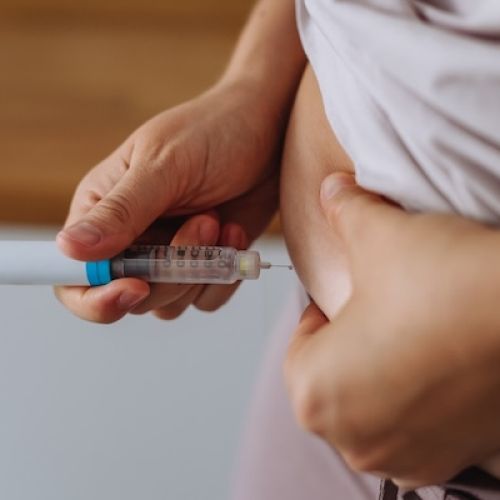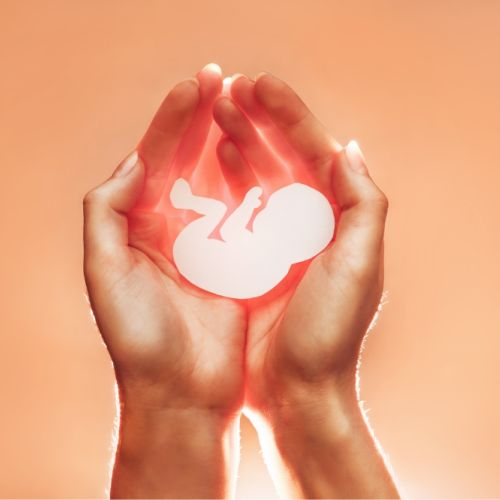Does Alcohol Affect Fertility?

When you’ve been trying to get pregnant without success for a while, you may want to consider what lifestyle factors could be having an impact on your fertility or your partner’s fertility. For example, being overweight or underweight can disrupt hormone levels, and smoking can prematurely age your ovaries.
You may have heard that drinking while pregnant can cause problems for an unborn child, and many couples also wonder whether drinking could make it harder to conceive in the first place. Does alcohol affect fertility?
Alcohol and Female Fertility
Some studies have shown that the more alcohol you consume, the more difficult it can be to get pregnant. Habitual drinking can cause irregular periods, and this can make it harder to tell when you’re ovulating. Knowing when you’re ovulating may help increase your chance of getting pregnant since this is the time when you’re the most fertile.
Alcohol can affect the number and quality of eggs that are produced and can also make it more difficult for an embryo to implant. This can reduce the chances of successfully getting pregnant or carrying a child to term.
Women who only drink occasionally and in small amounts may feel that they don’t consume enough alcohol to cause a problem. However, for anyone who is having difficulty getting pregnant, it’s important to keep in mind that the amount of alcohol it takes to interfere with reproductive function is unknown. Therefore, it makes sense to avoid alcohol altogether when you’re trying to conceive.
If you do get pregnant, drinking at any stage of pregnancy can harm the baby. Women who don’t limit the amount they drink may cause problems for an embryo before they’re even aware that they’re pregnant.
Alcohol and Male Fertility
Male fertility can also be negatively impacted by consuming alcohol. Men who drink only occasionally may not be impacted by alcohol, but the more alcohol that’s consumed, the better chance that alcohol may have an impact on a man’s overall health and fertility.
Heavy drinking can lower the production of testosterone and can also reduce a man’s interest in sex. It may be harder to get or maintain an erection. Men who drink regularly may experience reduced semen volume and decreased sperm count and sperm quality. Consuming two to four drinks a day is considered heavy drinking.
Some research has shown that both men and women who are undergoing fertility treatment and are having about five drinks a week are less likely to have a successful pregnancy and birth. Because of the possible impact of alcohol on fertility and pregnancy, it’s best to stop drinking when you’re trying to conceive or if you’re undergoing fertility treatment so that you give yourself the best possible chance of getting pregnant.
If you’re struggling to get pregnant, the team at The Center for Reproductive Health is always available to discuss what options are available to you and what lifestyle changes might make a difference. Don’t hesitate to call with any questions you may have or to set up a consultation.




